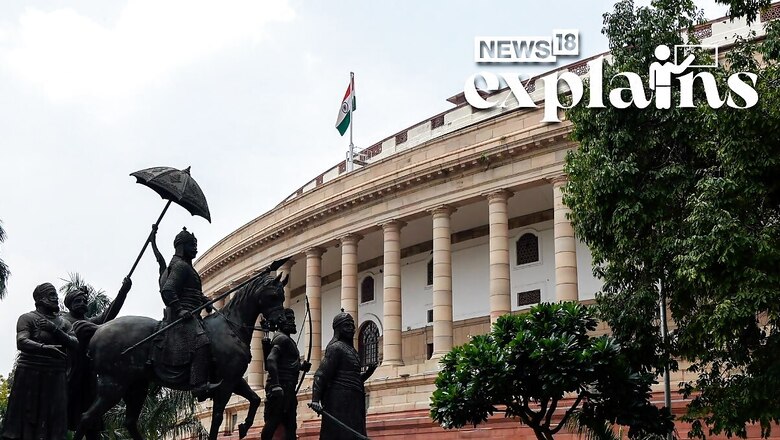
views
Both the Lok Sabha and the Rajya Sabha were adjourned till Monday amid disruptions in the house over the Manipur issue.
Opposition members began sloganeering and demanding that the Manipur situation be discussed suspending all business in the House under Rule 267 and the Prime Minister make a suo motu statement followed by a discussion.
Whereas the government has said that they were willing to discuss the Manipur situation through a short-duration discussion under Rule 176.
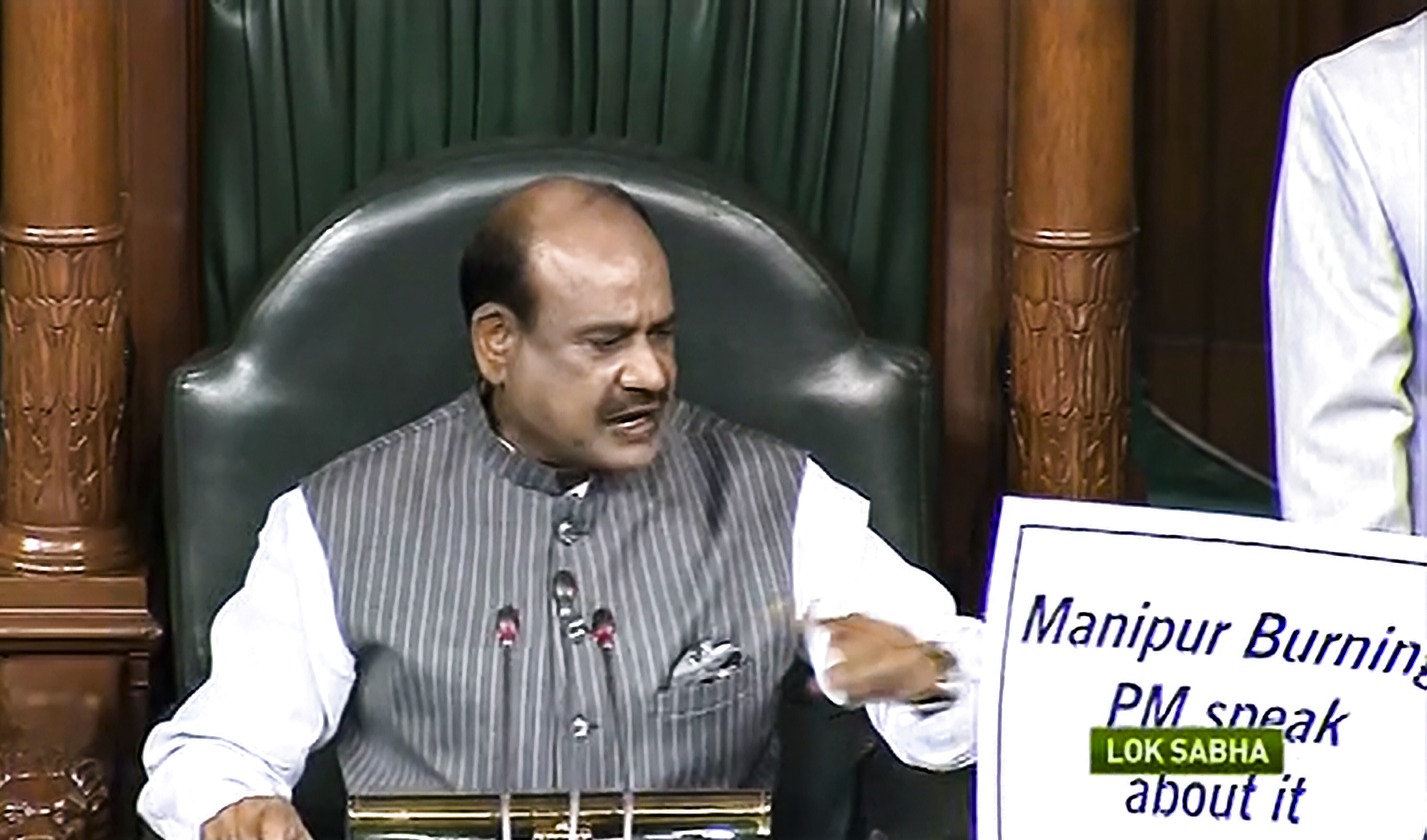
But, before looking at the two rules, let’s take a look at the statements made by the government and the opposition parties:
Here’s What the Opposition is Saying
Members of the opposition parties including the Congress, DMK and Left, raised slogans as the Lok Sabha met on Friday and told Speaker Om Birla that “Manipur is bleeding”. The Lok Sabha was first adjourned till 12:00 pm on Friday and then again suspended till 11 am on Monday.
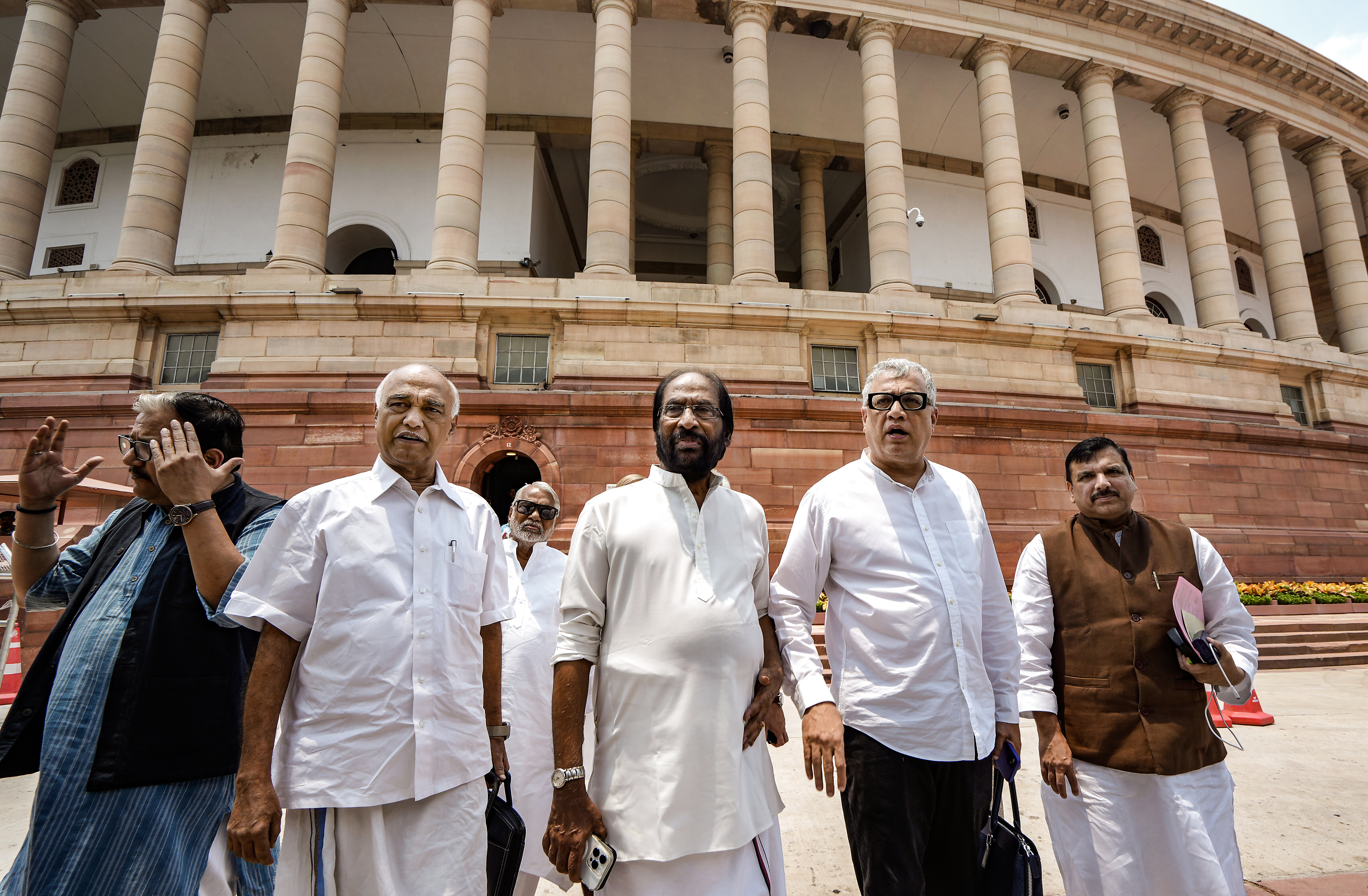
Congress President and the leader of the opposition Mallikarjun Kharge said that the government should discuss the issue and PM Modi should release a statement. “I had raised the question in the parliament but wasn’t given a chance,” he said.
Congress MP Manish Tewari said there is an atmosphere of anarchy in Manipur and therefore it is the duty of PM Modi to give a statement on the Floor of the Parliament. He further said that the opposition has demanded that the matter be discussed in Lok Sabha and Rajya Sabha under Adjournment Motions and Suspension of Business Notices.
#WATCH | Bengaluru: Congress President Mallikarjun Kharge on Manipur viral video says, "I had raised the question in the parliament but wasn't given a chance. Govt should discuss this issue and we demand PM Modi to release a statement…PM Modi made a statement outside the House,… pic.twitter.com/2ETNgc3ao2— ANI (@ANI) July 21, 2023
AAP MP Raghav Chadha also urged the government to discuss the Manipur issue and said “the entire country wants to know what is happening in Manipur, what the government has done.”
Shiv Sena (UBT) MP Sanjay Raut said that it is a serious issue that Manipur violence is being discussed at international forums but not in our Parliament.
Here’s What the Govt is Saying
Parliamentary Affairs Minister Pralhad Joshi has said that the government is ready to discuss whenever the Speaker directs.
“Union Home Minister Amit Shah has officially told the Speaker and the Chairman that we are ready for a discussion. For the opposition to bring in new demands and interrupt the discussion is wrong,” Joshi further said.
#WATCH | Parliamentary Affairs Minister Pralhad Joshi on the ruckus in parliament over the Manipur issue says, "We are ready to discuss whenever the Speaker directs. Union Home Minister Amit Shah has officially told the Speaker and the Chairman that we are ready for a discussion.… pic.twitter.com/BwmSAHRR2L— ANI (@ANI) July 21, 2023
There are important bills and BJP under the leadership of PM Modi wants to hold extensive discussions in the parliament, he added.
Union Minister of State for Parliamentary affairs Arjun Ram Meghwal appealed the opposition to not change their stand repeatedly and not indulge into politics in a “very sensitive matter”.
“I think the parliament session should run as we’re ready to address and discuss the issue,” he said.
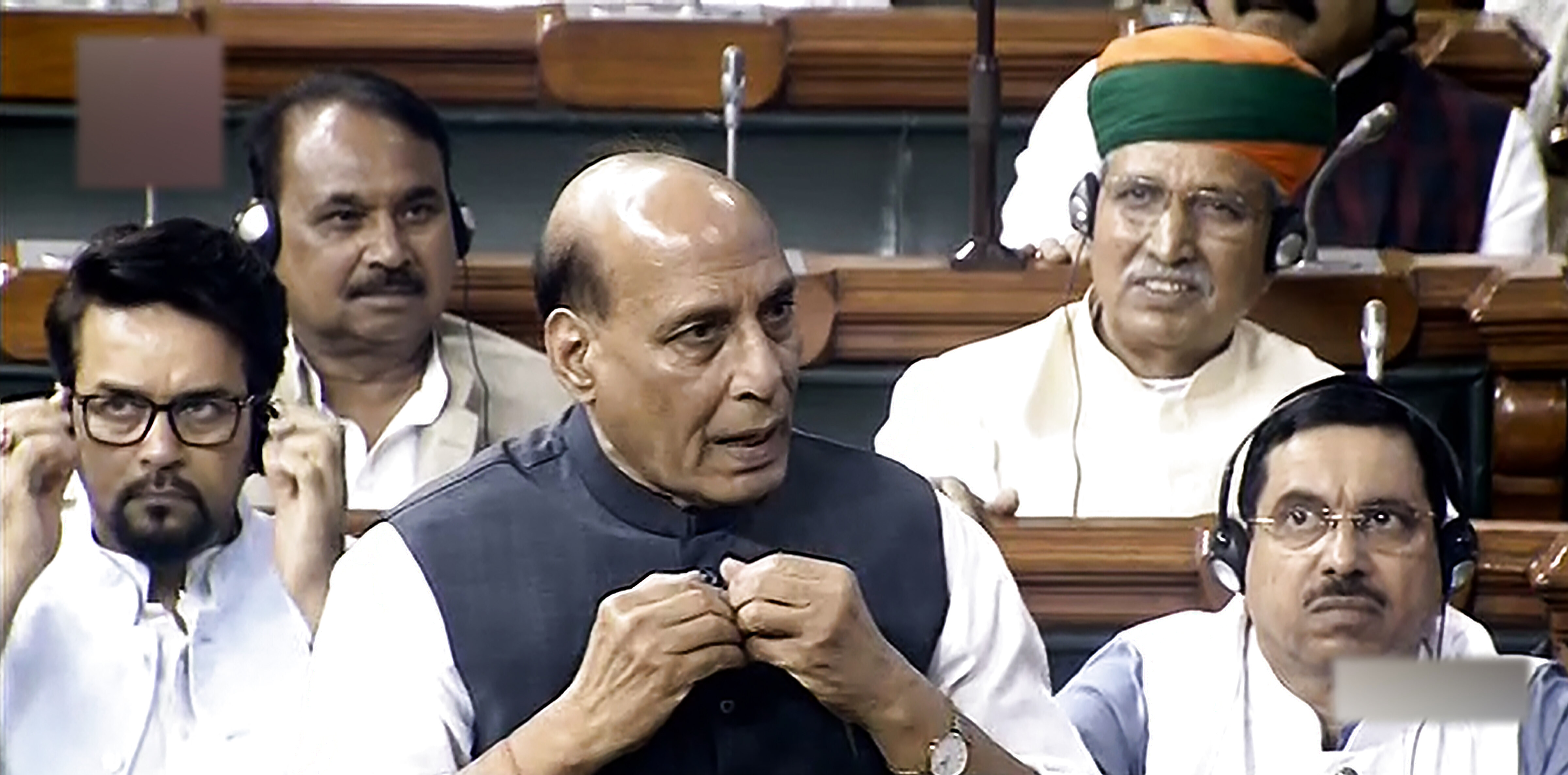
Union Defence Minister Rajnath Singh attacked the opposition by saying that they are not serious about a discussion on the Manipur issue. PM Modi himself said that the country is ashamed of whatever has happened in the state and assured strict action, Singh said.
What are Rules 267 and 176?
The essential between Rules 267 and 176 is the duration of discussion. While under Rule 176, there is a short discussion, Rule 267 calls for a longer discussion.
In the book, the Rules of Procedure and Conduct of Business in the Council of States, Rule 267 states, “Any member, may, with the consent of the Chairman, move that any rule may be suspended in its application to a motion related to the business listed before the Council of that day and if the motion is carried, the rule in question shall be suspended for the time being: Provided further that this rule shall not apply where specific provision already exists for suspension of a rule under a particular chapter of the Rules.”
The Rule 176 calls for a short-duration discussion not exceeding two-and-a-half hours.
“Any member desirous of raising discussion on a matter of urgent public importance may give notice in writing to the Secretary-General specifying clearly and precisely the matter to be raised: Provided that the notice shall be accompanied by an explanatory note stating reasons for raising discussion on the matter in question: Provided further that the notice shall be supported by the signatures of at least two other members,” the rule states.
“If the Chairman is satisfied, after calling for such information from the member who has given notice and from the Minister as he may consider necessary, that the matter is urgent… (then) he may admit the notice and in consultation with the Leader of the Council fix the date on which such matter may be taken up for discussion and allow such time for discussion, not exceeding two and a half hours,” the Rule 177 states.
Therefore, by the rule 176 and 177, an urgent matter can be taken up for a short-duration discussion immediately, a few hours later or the next day or on a prescribed date and time.
What is the bone of contention?
While the opposition is pressing for urgent discussion on Manipur issue and the government agreeing to it, there is a difference over the timing of discussion.
Sources said that the government is ready to have the discussion and Union Home Minister Amit Shah will respond in the House.
The government is pressing for Rule 176, since there will be a statement from the Union Minister and few more MPs will speak on the issue and the House will move to the regular proceedings. Under the rule, the discussion can only go for a maximum duration of 2.5 hours.
However, with Rule 267, all the agendas that were pre-decided by the government will be suspended and the discussion could stretch for a longer period, the deadline of which is not established. Also, the Prime Minister doesn’t necessarily need to stay in house under Rule 267 as the issue is discussed for long hours.
According to a report in The Indian Express, the opposition parties had been mistakenly using Rule 267 as an equivalent to the adjournment motion. The report, quoting former Lok Sabha secretary general, said that Rule 267 is to suspend a particular rule in relation of a business on agenda, for example suspending a bill that is to be introduced. However, the rule is being “used wrongly” as a substitute to the provision of adjournment motion in Lok Sabha.













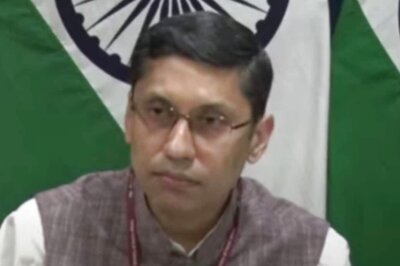


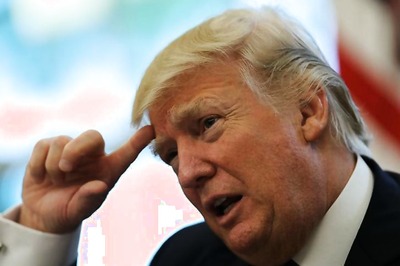
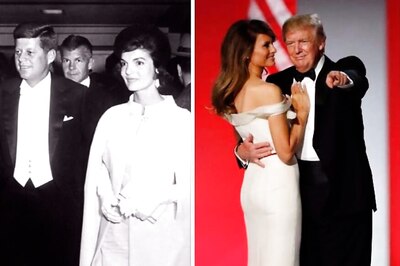

Comments
0 comment